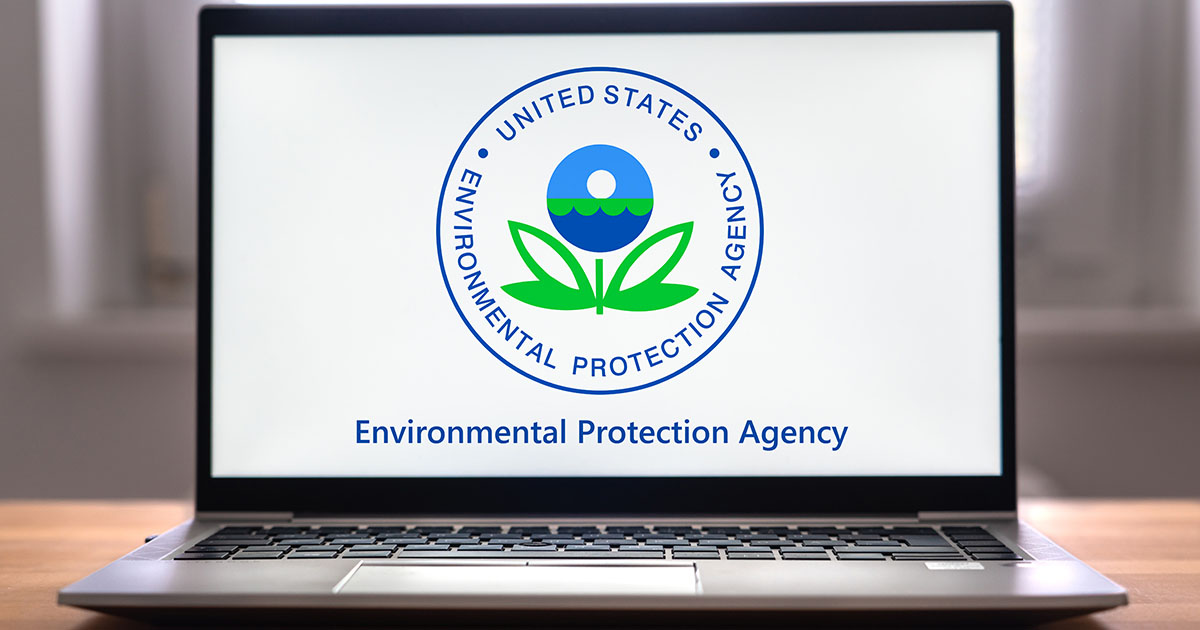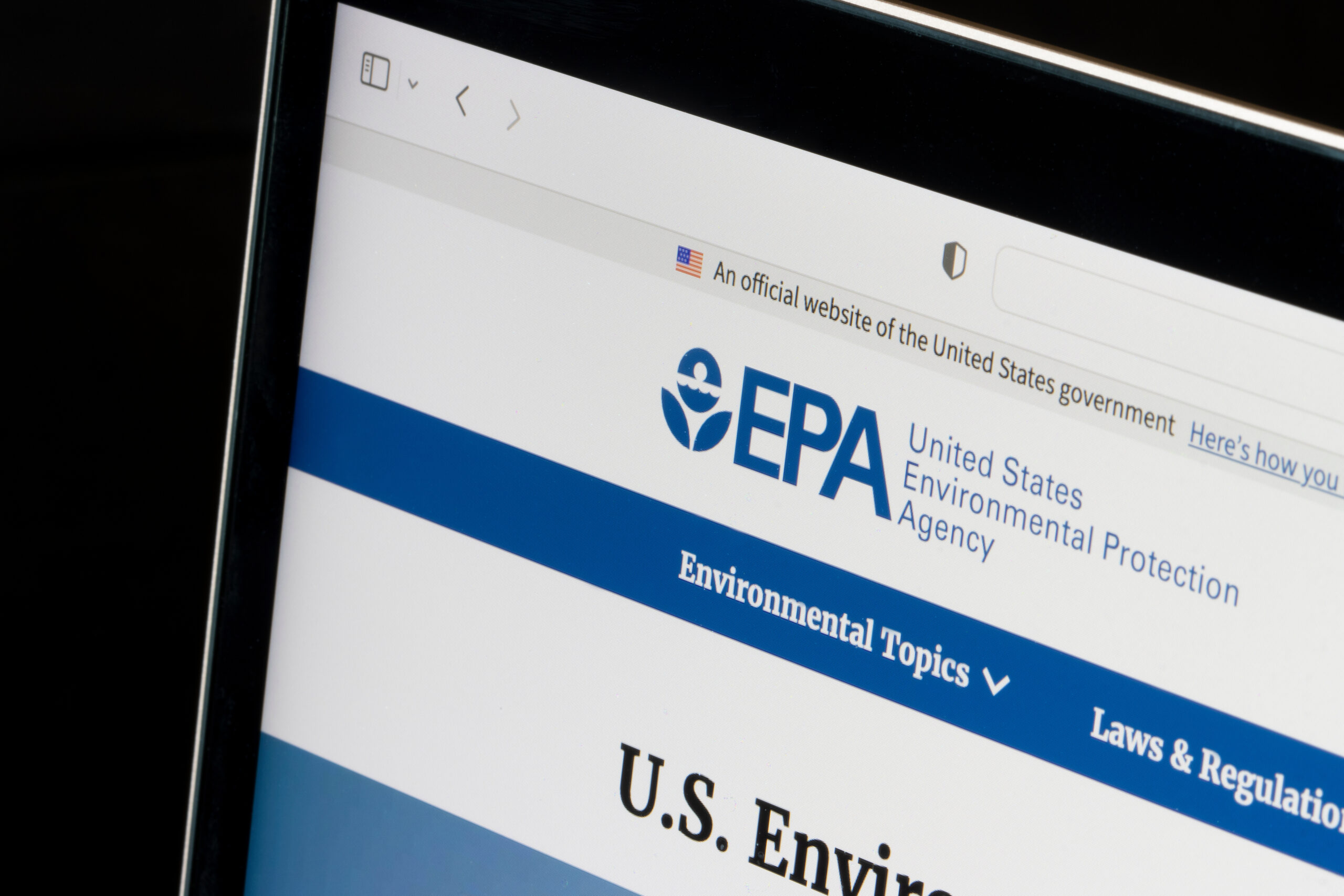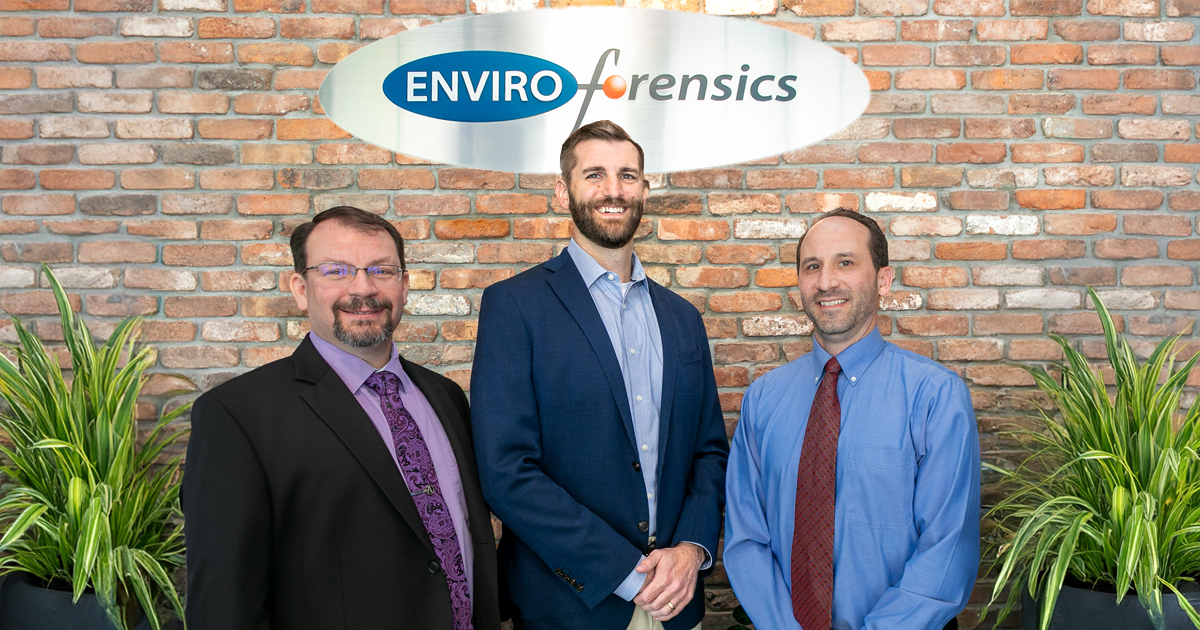Faced with the possibility that decades-old dry cleaning solvent may have polluted ground under its original dry cleaning plant in Jeffersonville, Indiana, family-owned dry cleaning business Nu Yale Cleaners contracted EnviroForensics to investigate. Together, the two companies are proactively taking action for a safer, cleaner environment by removing perchloroethylene (PCE contamination), a dry-cleaning solvent they no longer use. And Nu Yale is happy to talk about it.
The Positive Side of Things
Believe it or not, even with all of the scariness and seriousness, cleaning up environmental contamination can be good community relations. The key is understanding that there is a positive light to cleaning up environmental contamination and that it doesn’t have to hurt your reputation.
Clearly, you must be careful in how you address your issue, and for most people, the biggest concerns are that a neighboring property will have contamination or vapor intrusion, and that the neighbors will sue them. While possible, it is uncommon for a dry cleaner that actually conducts a cleanup to get sued.
Another concern we come across regularly are business owners afraid of how having environmental impacts will affect their reputation. Most people, unlike dry cleaners, just don’t deal with environmental contamination as part of their daily life; for example, they may not realize that their neighborhood gas station is involved with an environmental cleanup, but almost every gas stations has been or is being cleaned up for a chemical in gas called benzene. If nobody asks questions about your contamination, you don’t have to volunteer any information, but you should be prepared to answer questions honestly if asked. If you find yourself in a situation where you must respond to questions, if you highlight the positive aspects of what you’re doing for your community you should have no problems conveying that to the public. Here are two tips:
1) Acknowledge past dry cleaning practices were different than they are today: In the past most people didn’t think PERC was harmful; including the environmental and health regulators. Let them know that your operations were always conducted in accordance with what regulations did exist at the time. Your message could be, “In the past, PERC was not considered harmful and older machines weren’t really designed to be as protective of the environment as they are today.”
2) Be up front about the current situation: By being honest with your customers and the general public about PERC contamination, you can show that you are responsibly addressing human and ecological health concerns by working with your regulatory agency.
You can even request assistance from your regulatory agency project manager as they usually understand the hardships small business owners face when dealing with environmental investigations. They’ll likely work with you to present complicated technical issues in a down to earth and unthreatening manner.
Additionally, some states require a fact sheet to be sent to all residences living within a given area of your property. It is best if you can be involved with the language of the fact sheet. The fact sheet should have the following information:
· A discussion about the contamination and what is known
· A description of planned work and technical reports
· Contact information for you, your consultant, and the regulatory agency representative
· Where reports can be found about the site
· A location map identifying the site and the surrounding neighborhood.
The fact sheet is usually published by the agency or put on the agency’s letterhead. Your employees should also be briefed and told to direct any questions to you. Keep copies of the fact sheet at your place of business in case your customers are curious. As your investigation progresses, update the fact sheet by highlighting the progress made toward solving the problem and future cleanup schedule.
On occasion, the local media has interest in writing about environmental events in the area and that isn’t a bad thing nor should it scare you, it can even enable you to present your environmental conservancy in a positive and proactive light.
In 2008, an EnviroForensics client from Bloomington, Indiana was featured in a newspaper story about the company’s remediation efforts. This piece allowed the dry cleaner to show the steps it was taking to protect its community. They did not lose business or tarnish their reputation because of the contamination and they continue to thrive.
Learning from Nu Yale
Nu Yale Cleaners, which operates 11 dry cleaners in Indiana and Kentucky, has actively identified methods for conducting business in an environmentally friendly way. That proactive stance has the company well positioned to continue successfully upon completion of the remediation process.
“Nu Yale’s customers and neighbors can rest assured that the environment in that area of Jeffersonville is already safer,” said Brad Lewis, EnviroForensics’ senior scientist for the Nu Yale project.
“I wholeheartedly recommend EnviroForensics and the full-service approach that they use,” said Gary Maloney, President and Co-Owner, Nu Yale. “They helped me find insurance and develop a sound strategy to clean up the PCE contamination beneath my business.”
In the court of public opinion, maintaining a positive, proactive, and transparent position is often the best solution.



